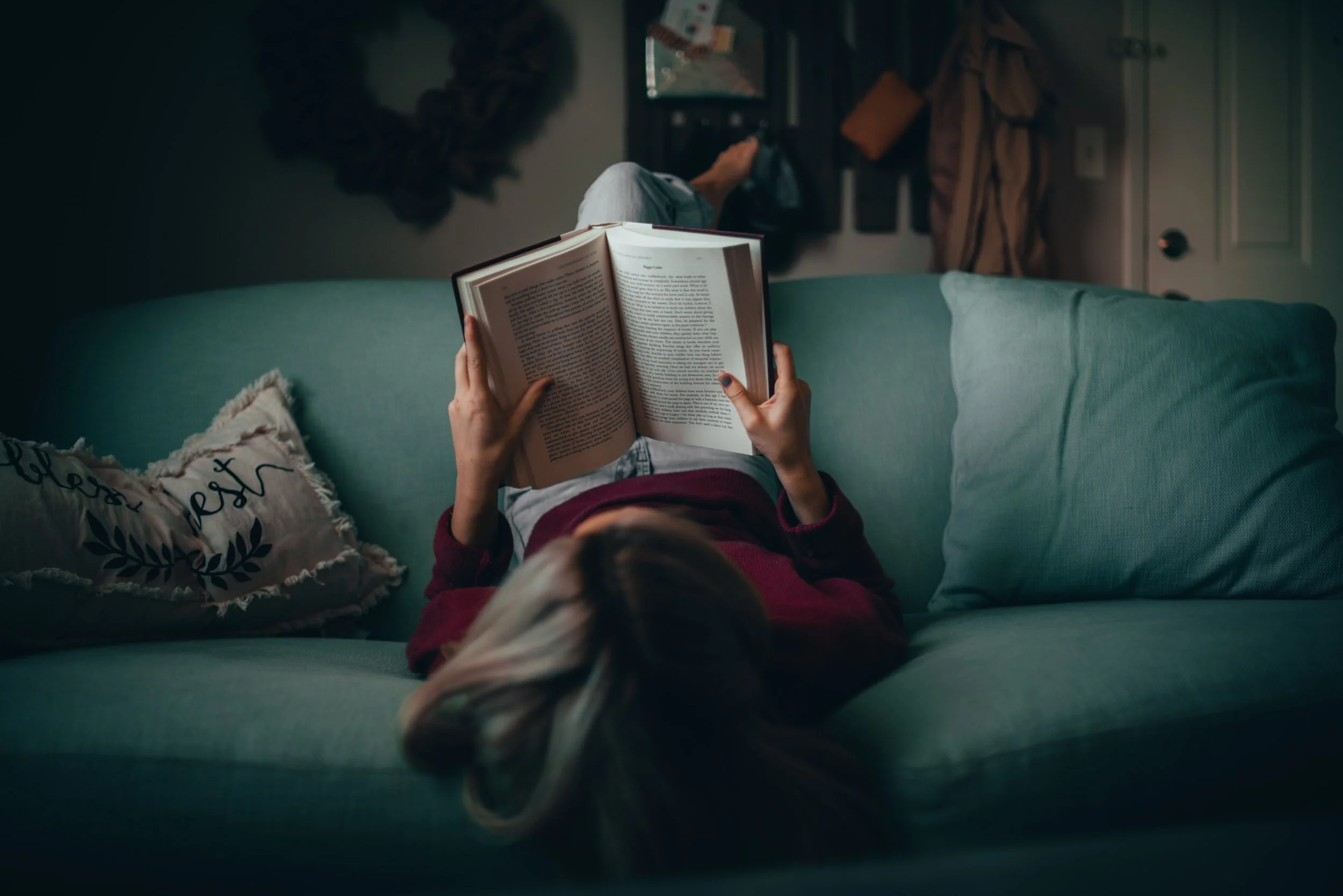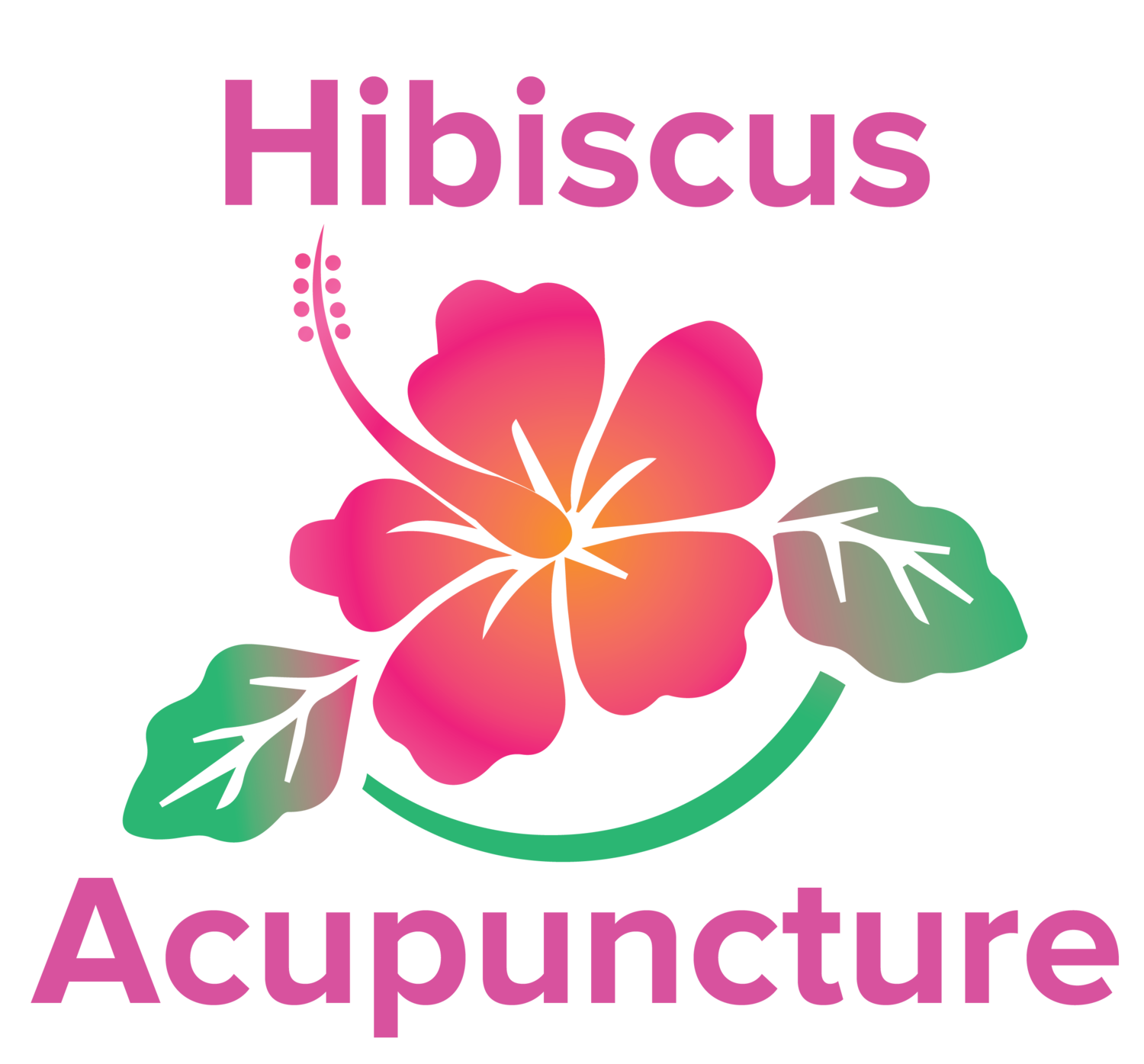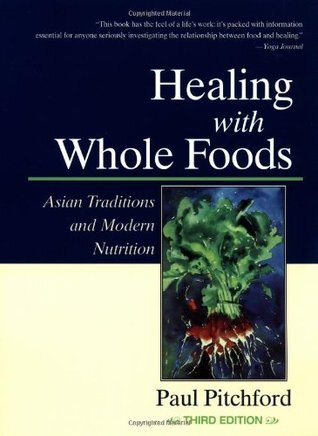
Resources
Voices of Qi, by Alex Holland
If you’re looking for a relatively short, affordable, and smooth-reading introduction to Traditional East Asian Medicine, this is the place to start. It is an accessible guide to the basic ideas of the Eastern medical paradigm.
Applied Channel Theory, by Wang Ju Yi and Jason Robertson
While this book concerns a more specific school of thought within the broader scope of Traditional East Asian Medicine, its introductory chapters on foundational concepts are excellent for both lay persons and practitioners. There are also interesting cultural and historical sidebars throughout.
The Web That Has No Weaver, by Ted Kaptchuk
One of the most commonly recommended books for understanding the underpinnings of acupuncture medicine; it can be a little dense in its presentation, but it’s also comprehensive and accessible. There’s a reason it’s so commonly recommended.
Between Heaven and Earth, by Harriet Beinfeld and Efrem Korngold
This book is similar to The Web That Has No Weaver, in being a longer form approach to explaining Eastern medicine to the lay person, and is also recommended by acupuncturists regularly so patients may better understand their diagnoses and treatment.
Healing With Whole Foods, Paul Pitchford
Healing With Whole Foods provides a mix of Western and Eastern perspectives on nutrition and cooking. That said, it has enough information on foods as classified in the mode of herbal medicine that it can serve as a rudimentary encyclopedia for supporting one’s treatment and health in the kitchen.
Why We Sleep, by Matthew Walker
I first learned about this book via Reddit, after seeing someone that it alone had changed everything about their sleep habits…and lo and behold, it’s done the same for me. If you were ever looking for deeper motivation to change how you sleep, driven by a comprehensive survey of science and studies, then this is the book for you.
Come As You Are, by Emily Nagoski
Based on some of the most up to date research and learning, Come As You Are is mostly oriented towards upending long-held conceptions of female arousal, intimacy, and sexuality, but there are many aspects of it that are informative and applicable to all sexes, on top of that. In light of the realm of human sexuality, this is a game-changer.







